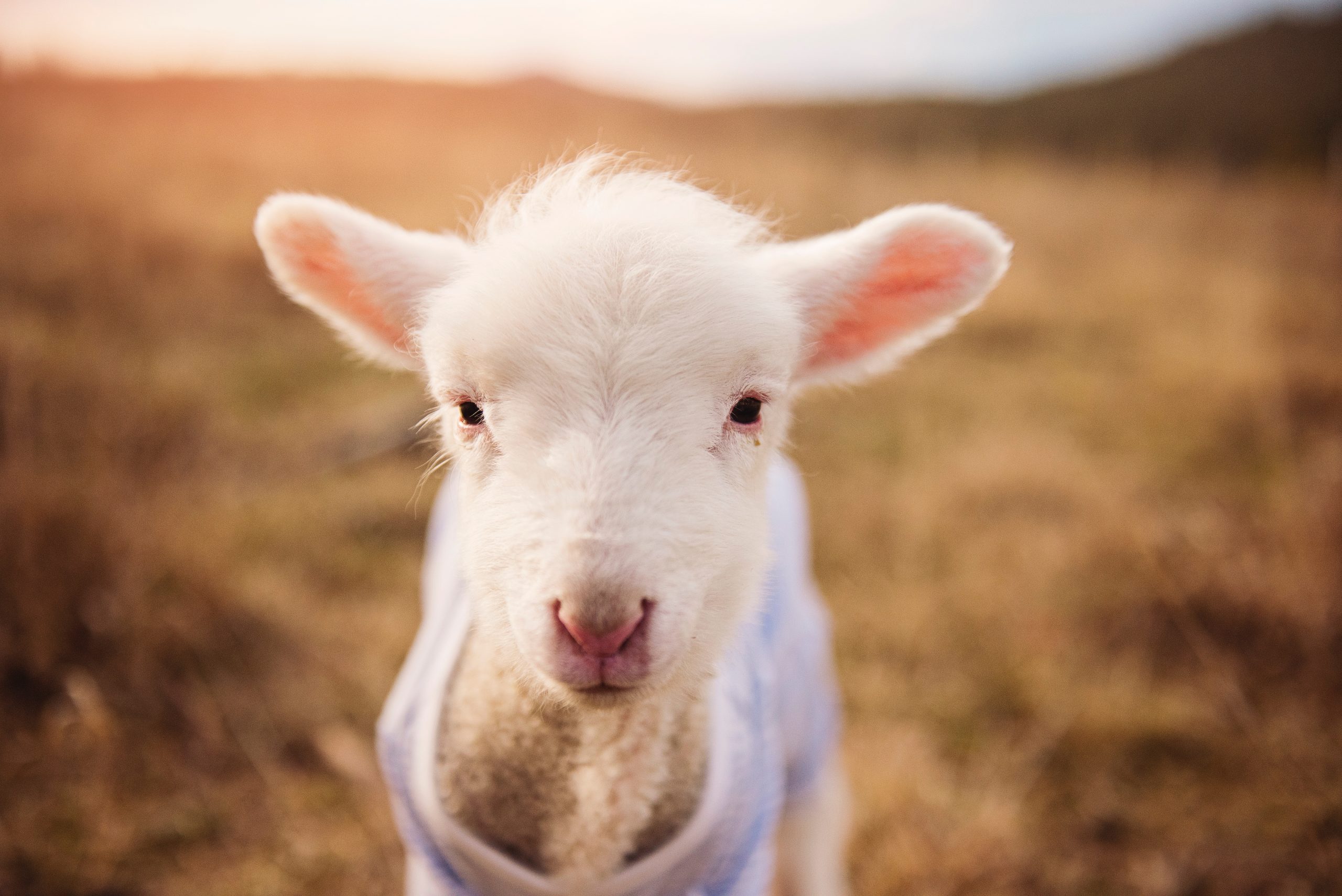Whether you’re religious or not, Easter is associated with the celebration of new life. Certain animals symbolise this, such as lambs. And how do us humans celebrate the birth of new life? Eating it.
There’s nothing wrong with eating meat at all – I’m not trying to covert anyone into a vegetarian or vegan. I’ve been eating meat most of my life (except when I partook in Veganuary 2019) and will probably do so for the rest of my life. However, I do have to raise an eyebrow to the certain tradition of eating lamb, and any meat really, on Easter.
Contextually, Christians and Catholics celebrate Easter to remember that Jesus resurrected after being crucified. Like Christmas, Easter has become more of a secular holiday, meaning it has increasingly been commercialised.
Eggs, for example, are seen as a symbol for Jesus emerging from the tomb and resurrecting. From that, chocolate Easter eggs are a particularly popular thing to have at Easter. Chicken eggs are popular to eat for an Easter breakfast. Like with the lamb, it’s ironic, as the consumption of eggs stops an actual chick from being born…
Baaaack to the main issue (bad joke, apologies): lambs. From a religious point of view, lambs represent Jesus sacrificing himself for humankind’s sins. Therefore, the reason we eat lamb at Easter is so we remember Jesus’ sacrifice. As stated prior, Easter has become more of a secular celebration and now we eat lamb at Easter for the same reasons we eat turkey for Christmas – tradition.
Now, again, eating meat doesn’t make you evil. I do it, too. However, after some research, I feel more and more inclined to not eat lamb on Easter, ESPECIALLY as I view Easter as a celebration of new life.
Lambs are slaughtered from 10 weeks to 12 months. From 12 months, lambs are considered sheep (or mutton, depending on who you ask). What makes eating lambs slightly more horrifying is realising that the natural lifespan of a sheep is 10-12 years. To make this even more ghastly, lambs are only given a chance to live 1/10 – 1/12 of their life before being slaughtered so we can celebrate new life. Ironic.
Lamb isn’t just an Easter food – UK households consume around 100,000 tonnes annually. I’m not trying to demonise eating lambs but the irony in eating new lives on a day where we celebrate new life is slightly hypocritical.
From an environmental standpoint, eating lamb is also extremely unhelpful from the environment. Quite an un-fun fact, lambs have 50% higher greenhouse gas emissions than beef and less edible meat is provided on a lamb than a cow. This brings a whole new level of irony when the consumption of lambs (to celebrate life) has a knock back effect on the environment, which is important to sustain life.
Holidays evolve and I’m sure the celebration of Easter will change too. Maybe it’s time to make Easter less ironic by letting the lambs have a chance to skip around, rather than leaving it smothered in gravy…

I agree it’s not right to eat the lamb of God at Easter